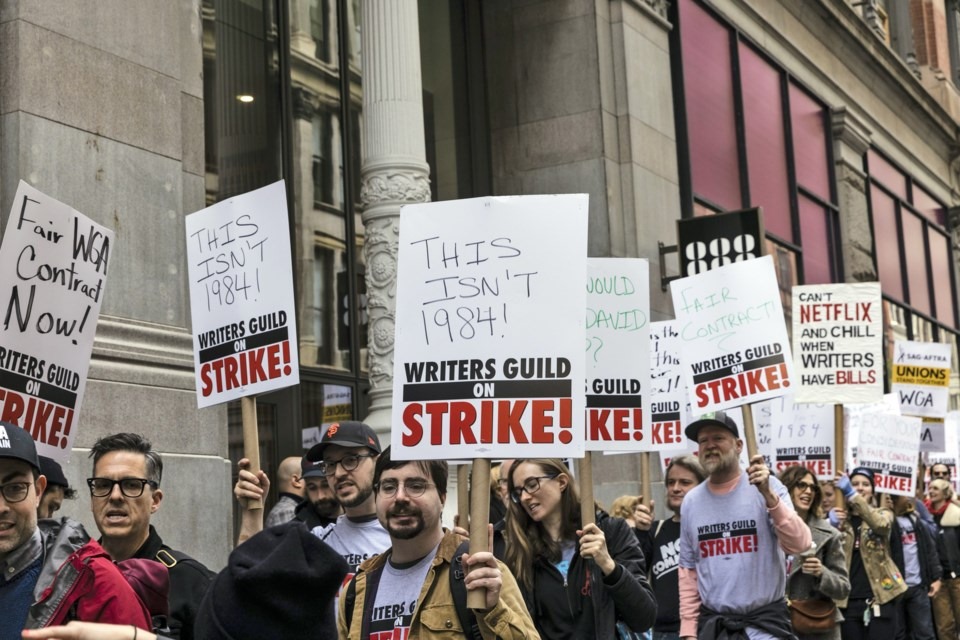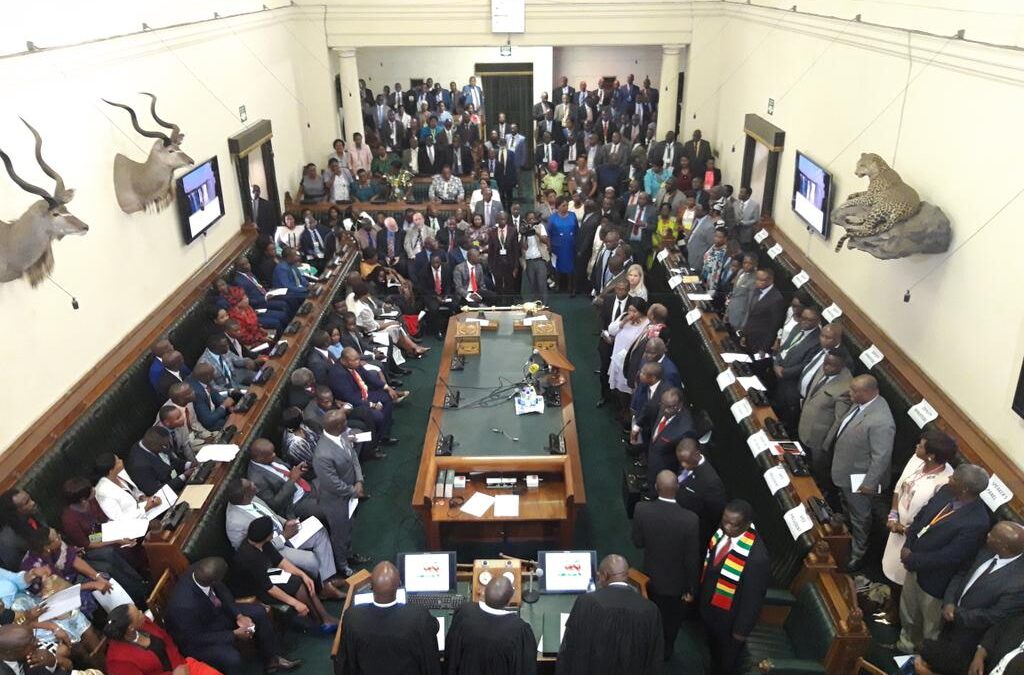Whitney Mabiya
After nearly five months, the Hollywood writers’ strike concluded on Wednesday at midnight Pacific time (07:00 GMT).
In a statement, the Writers Guild of America (WGA) said that union officials “voted unanimously to lift the restraining order and end the strike”.
The organization’s 11,500 members will then decide whether to ratify a three-year agreement that includes wage increases and safeguards on the use of artificial intelligence.
Actors, who are also striking, are the subject of a different debate.
The Screen Actors Guild (SAG) joined the writers’ strike on July 13, making it the longest strike to impact Hollywood in decades. The writers’ strike started on May 2. In an argument over salary and the industry’s usage of artificial intelligence (AI), they were on strike.
According to an estimate from Milken Institute economist Kevin Klowden, it has cost the US economy about $5 billion (£4.08 billion).
Many of America’s most popular shows, including Billions, The Handmaid’s Tale, Hacks, Severance, Yellowjackets, The Last of Us, Stranger Things, Abbott Elementary, and a number of daytime and late-night talk shows, have been canceled as a result of the conflict.
With Bill Maher, the host of HBO’s “Real Time,” stating on social media that he will be back with new episodes starting on Friday, some of them can finally return to the air.
Screenwriters claimed earlier this week that they had reached a preliminary agreement with studio executives, but no further information was provided.
The actors’ union, which went on strike in July, is still on strike, thus Hollywood’s return to normal is delayed by the WGA strike’s end.
Actors, like writers, want to see improvements in pay, working conditions, and health as well as pension benefits.
Additionally, they want to set guidelines for the usage of AI in next television and film productions.
The WGA’s success could serve as a model for SAG-AFTRA as it creates its own agreement with Hollywood studios.





0 Comments